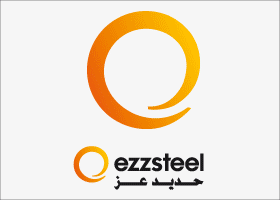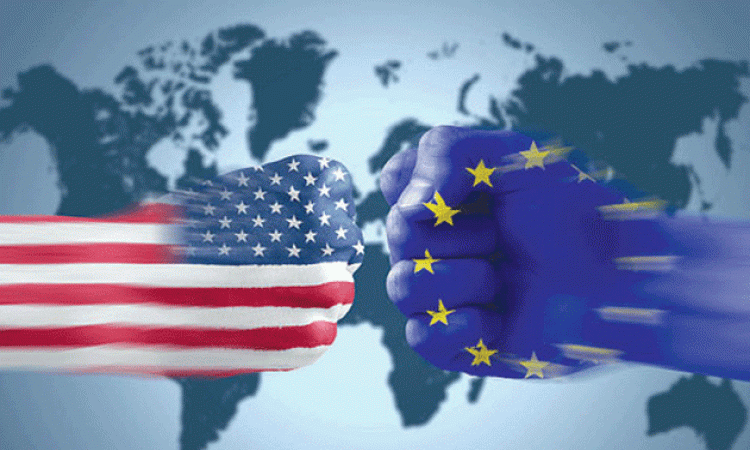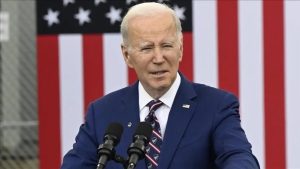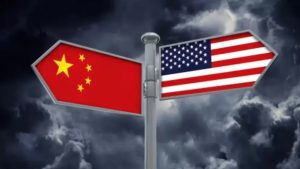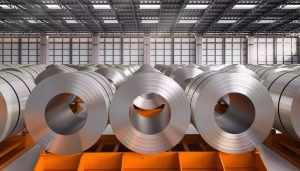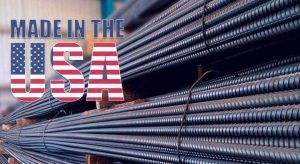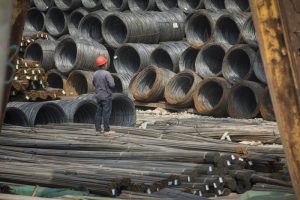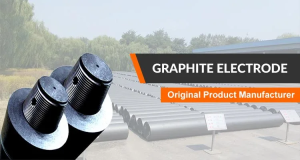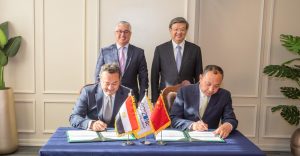Bloomberg News reported that the European Union is considering reopening a case in the World Trade Organization against the United States over a dispute over steel and aluminium. Which led to the Allies imposing customs duties on goods worth more than $10 billion.
The report said Friday, citing people familiar with the matter. The European Union will, however, refrain from immediately reimposing retaliatory tariffs on American goods over the dispute.
The European move against the United States coincides with a “more friendly” move towards Britain and other countries, led by China. On Wednesday, the European Commission proposed postponing the tightening of local content rules for 3 years. This would have led to the imposition of customs duties on imports of many electric cars circulating between the European Union and Britain, starting from the beginning of 2024.
The Commission also said it had allocated an additional 3 billion euros ($3.24 billion) to boost the EU’s battery manufacturing industry. It is a step aimed at enhancing local content and reducing dependence on batteries and materials coming from China.
The post-Brexit Trade and Cooperation Agreement (TCA) stipulates that to qualify for duty relief, at least 55 percent of the value of electric vehicles must be from the EU or Britain, with values of 65 percent for battery cells and modules, and 70 percent for battery packs. Batteries.
However, the agreement includes two transitional periods; The first requires 40 percent local content for electric vehicles and 30 percent for battery packs and components, and the second for the period 2024-2026 requires 45 percent for electric vehicles, 50 percent for battery cells and modules, and 60 percent for battery packs.
Import tariffs of 10 percent apply to electric vehicles that do not meet those requirements.
The proposal is to extend the first transitional period for 3 years until 2027, when the full local content requirements of the agreement will be implemented, while the second transitional period will not apply.




